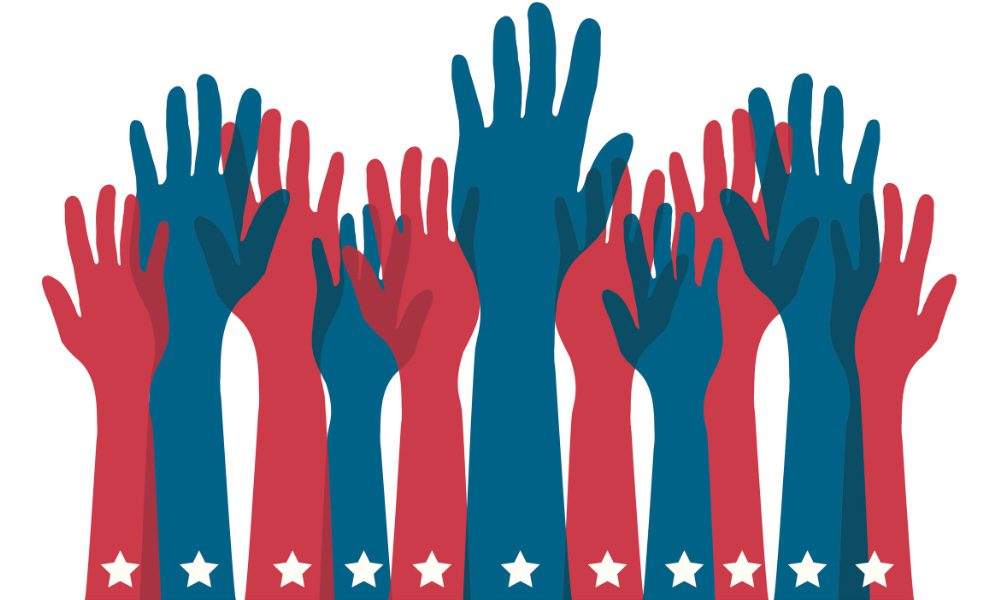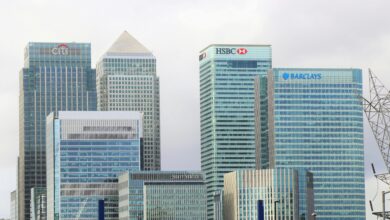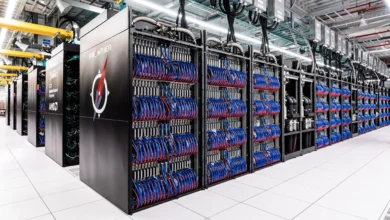
People Power: Restoring the Great Democracy
This country was formed based on the collective voices of the people making up a new country at the time. The founders fought for and earned their freedom from a ruling monarchy intertwined with the Church of England. They had no say in their government and had no freedom from religion. You believed as you were told, or you were considered a heretic. It doesn’t sound very empowering for the individual.
Add to that; the government demanded taxes on goods and services. The individual citizens/taxpayers had no say-so in the government which ruled over them, yet they paid for it. The “taxation without representation” added frustration and resentment to an oppressive government.
Leaders who do not act dialogically, but insist on imposing their decisions, do not organize the people–they manipulate them. They do not liberate, nor are they liberated: they oppress. ~ Paulo Freier
This country was formed due to the oppression of the people; the people were being ruled over by two institutions: a government and a church. These two institutions oppressed the people, which the individual spirit will not tolerate. The theme running beneath the surface of nearly every article written on Muncie Voice is the culmination of social unrest from oppression.
So, the people fled to start a new government based on the power of the individual. The pure power of the individual requires a pure democracy – in fact, democracy is Greek for “people power.”
Since a pure democracy requires people to make informed decisions for the benefit of everyone, it requires a great degree of information. It required that all people be well informed to make good decisions for the benefit of the greater good.
The problem our founders faced while framing our new form of government was that our means of communication were very slow. Generally, the word is spread by mouth via horse from one village to another. Therefore, it was hard for farmers to keep up with current news and information required to make good decisions, so they had to devise a representative democracy.
A democracy such as ours is a liberal democracy, according to Wikipedia:
Liberal democracy is a form of government in which representative democracy operates under the principles of liberalism, i.e. protecting the rights of minorities and, especially, the individual. It is characterized by fair, free, and competitive elections between multiple distinct political parties, a separation of powers into different branches of government, the rule of law in everyday life as part of an open society, and the equal protection of human rights, civil rights, civil liberties, and political freedoms for all persons. To define the system in practice, liberal democracies often draw upon a constitution, either formally written or uncodified, to delineate the powers of government and enshrine the social contract. After a period of sustained expansion throughout the 20th century, liberal democracy became the predominant political system in the world.
Wikipedia
We turned over some of our power to others in the process. I highlighted “social contract” because President Obama uses that term quite often; he’s a constitutional lawyer – people on the far right forget this about the President since they continuously refer to him as a “community organizer” from Illinois with no leadership experience.
Charles Koch and many other free-market libertarians – mostly billionaire capitalists who’ve accumulated large sums of money extracted from communities through the hard work of American people, are using the wealth they’ve accumulated to promote libertarianism, anarcho-capitalism, or free-market capitalism.
Here is the definition from Wikipedia:
Anarcho-capitalism (also referred to as free-market anarchism, market anarchism,and private-property anarchism is a political philosophy which advocates the elimination of the state in favor of individual sovereignty in a free market. In an anarcho-capitalist society, law enforcement, courts, and all other security services would be provided by privately funded competitors rather than through taxation, and money would be privately and competitively provided in an open market. Therefore, personal and economic activities under anarcho-capitalism would be regulated by privately run law rather than through politics.
Wikipedia
This is exactly the opposite of a democracy. There is no “collective voice” here. They don’t want our input. They want to cut the government to set up private police departments, garbage collection, schools, courts, etc.
There is no more voting and no more taxes. Or, in exchange for not paying taxes, our system will be ruled by the Almighty Dollar. You vote with how you chose to spend your money. What could go wrong under this system?
However, in some respects, we already have that as forced austerity is being used to privatize our school systems. If charters are allowed to become the majority, your contribution to the neighborhood school will disappear since you won’t have any say in how your child is educated. The privately owned school will have its board to oversee operations.
As opposed to electing representatives to work on your behalf, we’ll let the markets dictate which idea wins or loses since those who appeal to the most people will make money, and those who don’t, will go bankrupt.
Ayn Rand: Objectivism
This fits perfectly with Ayn Rand’s philosophy called Objectivism. There is no “collective we,” Sometimes referred to as “rugged individualism” or characterized by Tea Party leaders as “pulling yourself up by the bootstraps and sucking it up.”
If you know Paul Ryan’s story or have an inkling about the typical Tea Party demographic, many have used the social safety net or are dependent upon it today for food and shelter. Many of the attendees of Patriot rallies are on social security and use Medicare, so electing candidates who want to abolish social security and Medicare makes sense; how?
There is artful propaganda, but convincing senior citizens to vote for abolishing social security is in a class of manipulation far beyond what America has witnessed since the 1930s.
To convince such a large group of people to vote against their best interests requires marketing heavily to this segment. They need to be convinced that the government, which writes them a monthly check is bad and that giving more money to the incredibly wealthy is a good idea.
Marketing is not a problem when you have lots of money to purchase advertising from media sources.
Not a problem with a long list of conservative libertarians like the Koch brothers and the Walton family. They use their money to create viability for their ideology where none exists. They build elaborate “think tanks” networks and give money to universities, which write reports promoting their philosophy. These “credible” intellects get published in select newspapers while other voices are ignored. To readers, it looks legitimate and reads like a consensus.
They use their money and networks to advance anti-democratic policies from local school boards and state and local political races, promote judges, and buy governors, representatives, senators, and even presidents.
Reversing FDR’s New Deal
Truth be known, many of these libertarians have worked to repeal FDR’s New Deal since it was first enacted. They hate the very idea of the “social contract.” FDR liberated a generation that moved against oppressive forms of rule by private enterprises – the Robber Barons from the Gilded Age.
FDR didn’t say, “I’m going to do these things.” He told the American people, “You’re going to demand these changes – you’re going to organize.”
He empowered the people like all great leaders to do.
The point is our democracy did not fail overnight, and it didn’t fall by accident. It has been a steady, ongoing process for decades. Our current problems are a manifestation of unchecked capitalism. Einstein told us it would happen in 1949, as do others studying history and sociology. The systems we put in place drive us in that direction.
Returning to where I started this article, this is ALL about power. People power.
Remember why our founders established a representative democracy? Our information and communication system was slow and almost negligible. We had to elect representatives acting on our behalf and doing what is best for us. We transferred our power to other human beings to act on behalf – to uphold the “social contract” as outlined in our charter. They’ve sold us out – they have intentionally deceived us.
How technology has impacted democracy
Well, now we no longer suffer from poor or slow communication. Every one of us has immediate access to news and information. We don’t need “representatives” to share the message. Some websites tell us who is voting for what. We cannot always tell what their motives are on the surface. Still, as these elaborate networks are revealed by democratic organizations shining a light on these webs of deceit that work against transparency, we begin to piece together the puzzle and don’t like what we see. Even though corporate-owned media allows the news to trickle out to the masses, alternative media spotlight corruption. Whistleblowers are coming forth despite the personal consequences.
We can no longer sit in front of the TV or read a newspaper and consider ourselves informed. Not even close. Media outlets have sold out to the same Almighty Dollar driving the entire system. A handful of media owners control the message and information. We have to be selective and apply critical thinking skills. We have to engage in the democratic process.
For the collective “we” to be heard again, our voices must rise above the intentional noise created by monied interests on television, radio, print, and film. Apathy is no longer an option. Today’s steps are crucial if we want this “Great Experiment” to continue. FDR knew what it would take, but we’ve forgotten.







As a life-long anticommunist, I completely disagree with you.
That’s funny. I never considered democracy the equivalent to communism – you’re a first. It might be hard to win an argument or debate with that notion, but I’d be happy to listen to your side.